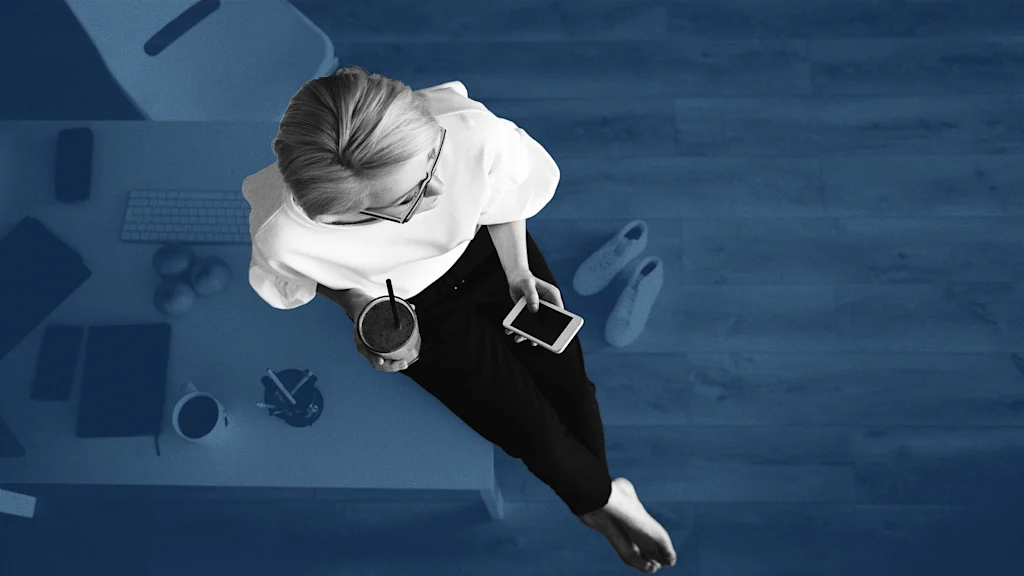
"In a world obsessed with productivity hacks and optimization strategies, I propose we try something radical: What if the secret to peak performance isn't doing more, but doing differently? What if our industrial-era approach to productivity is not just outdated-but it's actively sabotaging our best work? We tend to think about productivity as time-something that can be constructed and divided up into neat segments. But this view of productivity has serious limitations, especially in a knowledge economy dependent on imagination and creativity."
"The most counterintuitive finding in my research? Movement isn't a break from thinking-it's essential to it. As human beings, we're designed to move. Our spinal cord is an extension of the brain. If we're hunched over a laptop all day, we're literally constricting blood flow to the brain, and therefore oxygen to the brain. We're simply not doing our best thinking."
"This isn't just about taking a walk to clear your head. I've come to understand movement as a form of inquiry-a way of collecting different types of data through your body. When I take a ballroom dance class, or go open water swimming, I experience a different type of thinking happening through my body, a different type of data collection that I'm absorbing through the movement. I get out of my head and into my body, which paradoxically helps me think better."
Industrial-era productivity models treat time as divisible segments and prioritize maximizing hours, which constrains imagination and creativity in knowledge work. Human cognition depends on bodily movement; posture and activity affect blood flow and oxygen delivery to the brain, limiting thinking when people remain hunched over devices. Movement operates as a mode of inquiry and a way to gather embodied data, with activities such as dance or open-water swimming eliciting different forms of thought. Implementations include walking phone calls, standing desks, and brainstorming outside conference rooms. Integrating movement into work routines enhances thinking, reduces burnout, and supports creative performance.
Read at Fast Company
Unable to calculate read time
Collection
[
|
...
]